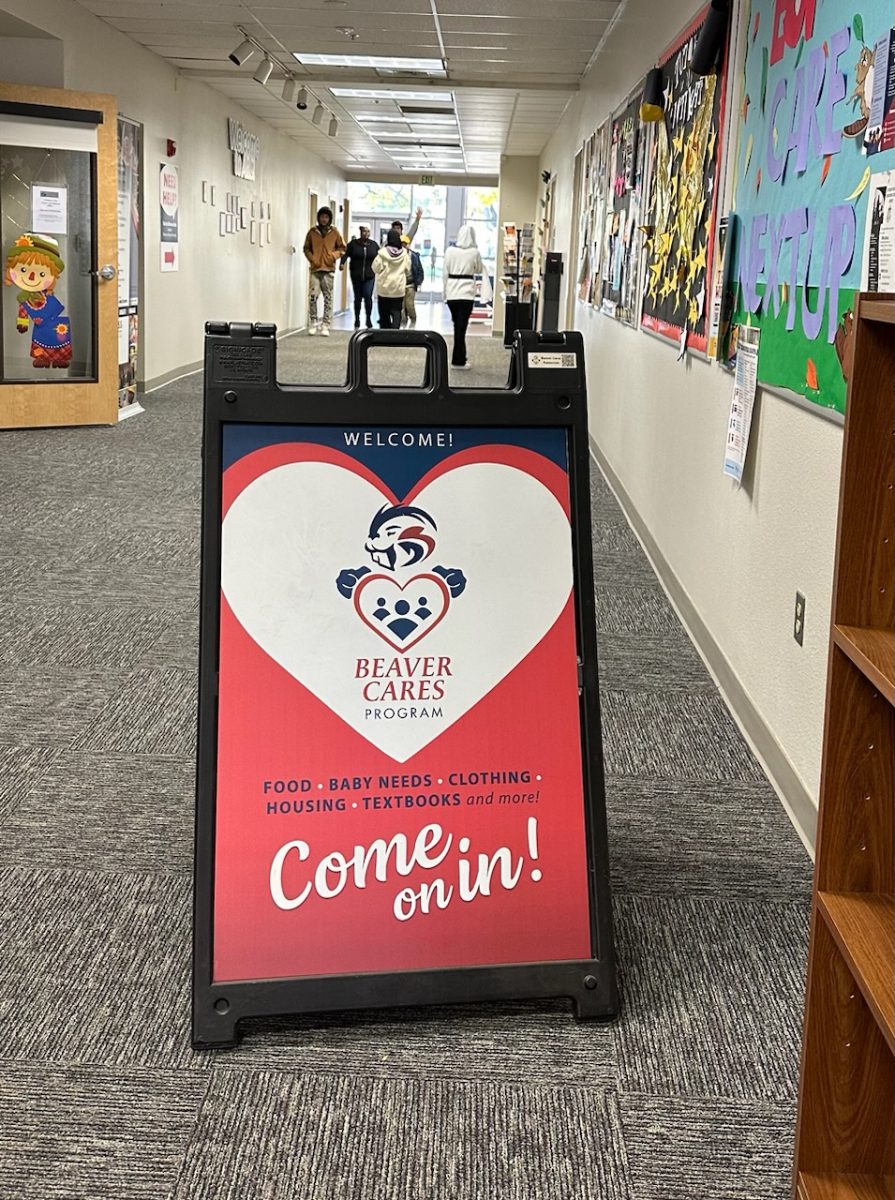“When you get to a 4-year school, this kind of behavior won’t be tolerated,” is something heard by many students in their classes at American River College.
There are stereotypes of those of us who attend community college; we’re the mess ups, the slackers and the undedicated. Both students and faculty need to do away with this notion.
When professors coddle students with an attitude of “you aren’t ready yet,” it perpetuates the idea that those of us who are at community college are somehow less capable, or that we are receiving a subpar education.
When students expect professors to push back deadlines, change individual tests to group tests or offer extra credit, it says that students don’t want to work for their education.
Too many students treat college not as a privilege, but as an entitlement, something they will get to participate in no matter how lackluster their behavior is. The idea that students can coast through community college doesn’t pay off in the long run.
The grade boost might be satisfying in the short-term, but this doesn’t benefit students who plan to continue their education. As one moves into their major-related coursework, there is an increasing need to have mastery over previous fundamental material.
And if a grade was earned because the class pressured the professor into easing up a bit, a student who should have repeated a course is now struggling in the next-in-series course.
Having expectations of students, whether it’s to show up on time, do their homework, or not use their phones in class isn’t damaging—it’s realistic.
Students reading professor reviews may pass up a class being offered by someone who’s “too strict” or “not lenient,” but maybe the students leaving those kinds of reviews are not people to listen to.
In fact, maybe those “strict” professors provide the structure to help students be self-sufficient. One student’s tedious coursework is another student’s lesson in discipline.
That sort of professor might be the one who helps prepare students the most for a more independent experience when they transfer.
Nevertheless, our transfer level courses are equivalent to the same classes offered at a university.
That means the Intro to Psychology 300 class is comparable to any California State University or University of California course equivalent. Despite this, community college students may not be prepared for the rigor of university courses.
According to the Student ‘Right to Know’ 2011 data, for all community colleges, only 12.09 percent of our students transfer within 3 years of being a full time student. ARC had only 8.31 percent, meaning our success rate was more than 33 percent lower than the state average.
Part of the reason may be that we have over 30,000 students who come from all different walks of life. A community college is open access, and it’s a great thing that anyone can come to ARC to better themselves.
But when the majority of your fees can be taken care of for a 2.0 and 50 percent course completion, it’s easy to get the impression that there isn’t much being expected of community college students.
Students and professors in transfer-level courses should hold themselves to the same standard of excellence as if they were at a university. Take advantage of the lower costs of attending community college, but strive for the best performance.
It’s okay to not have extreme focus and drive all the time, but there should be an expectation of work when it comes to college. Studying should be a regular part of a student’s schedule, not just a hectic series of last minute cram sessions.
If a student finds themselves struggling, that’s okay. Mistakes are a part of the learning process, but struggling students should seek out the support services ARC offers. If they do, things that were once mistakes would become valuable lessons.
That way, when students do move on from community college, they can be assured they were given the best their school had to offer and they can toss away the label of “mediocre.”




















